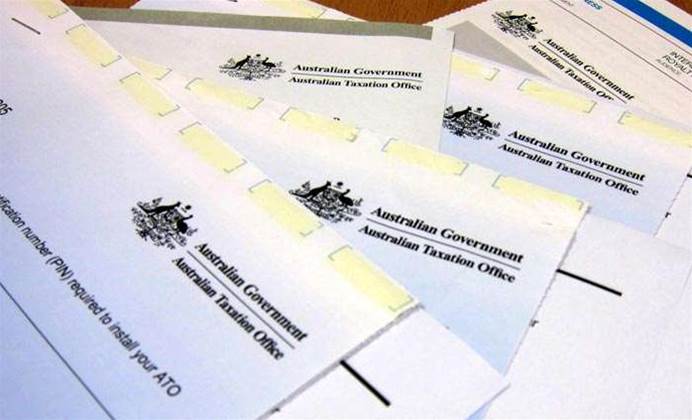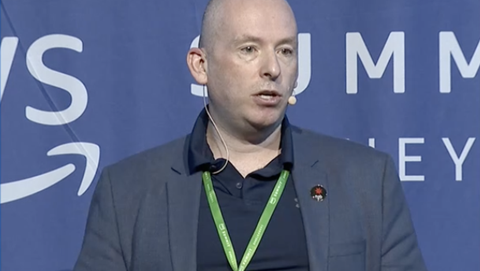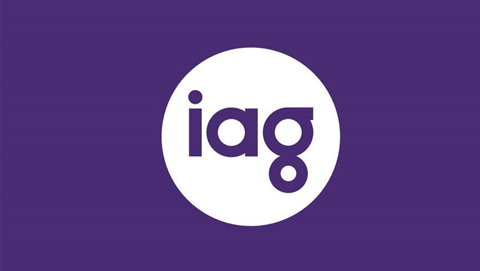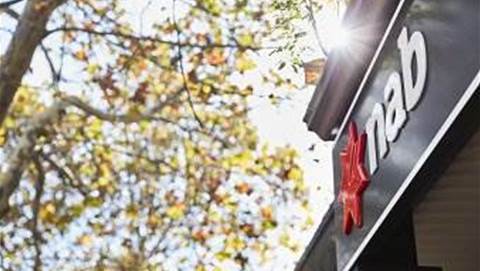
Optus parent Singtel has been exposed as paying an estimated nine percent tax in Australia in a report which found that around one third of Australia’s biggest companies are paying less than 10 percent in corporate tax.
A 97-page report [pdf] released today by the Tax Justice Network and the United Voice workers union, and reviewed by University of Technology Sydney tax expert Dr Roman Lanis, studied the tax contributions of the top 200 listed companies on the Australian Stock Exchange between 2004 and 2013, based on publicly available data.
It claimed as much as $8.4 billion globally had been lost as a result of various tax avoidance strategies over that period, with 84 percent of the ASX 200 paying less than the 30 percent statutory company tax rate.
The report found on average, the top 200 listed businesses had an effective tax rate of 23 percent.
The report highlights the growing use of ‘thin capitalisation’ - where Australian-based entities are burdened with large debts to reduce tax liabilities - as well as the use of subsidiaries in known tax havens.
It claimed such practices, specifically among large organisations, were having a “significant and disproportionate impact” on Australia’s corporate tax revenue.
Corporate tax is the second largest provider of federal government revenue in Australia behind income tax. The Government expected to reap $70.4 billion from company tax in 2013-14.
“While there has been some focus on the high profits and low taxes of multinationals such as Apple and Google, until now little attention has been paid to the tax practices of Australian companies.
“Australia’s budget is more dependent on corporate tax than all other OECD countries, except Norway.
“Tackling corporate tax avoidance is an urgent priority; Australia does not have a spending problem, it has a revenue problem and it must be fixed.”
Optus parent Singapore Telecommunications was singled out as one of the most tax aggressive companies in the country, and as the second ASX 200 corporation having the greatest impact on Australia’s tax revenue.
According to the report, the Singapore-based, dual-listed company has an effective tax rate of nine percent globally. That made it one of just seven companies in the ASX 200 which, combined, account for 50 percent of the total $8.4 billion estimated annual tax lost.
The report puts SingTel’s average annual tax foregone at $713 million, based on its average pre-tax profit of $3.3 billion, and total assets of $29 billion.
The report did concede that given SingTel’s dual-listed status and operations in multiple countries, a portion of its tax foregone could be attributable to other jurisdictions.
Conversely, Optus rival and ASX 200 company Telstra was found to have an effective tax rate in line with the statutory company tax rate of 30 percent.
The report also looked at internet service providers iiNet and TPG, and found both paid above the standard tax rate - iiNet was reported to pay 33 percent tax, while TPG contributed 41 percent.
On the whole, both the telecommunications sector and software and services industries (of which the report counted a total of 10 ASX 200 companies) were found to be two of the better performing markets, both contributing an average effective tax rate of 22 percent.
Telstra, however, was found to make more use of what the report termed “secrecy jurisdictions” - geographies which are less stringent on transparency and which are less involved in international efforts to combat money laundering. Telstra operated with 46 subsidiaries in such jurisdictions, compared to SingTel’s 39.
The report does not specifically allege any illegal tax avoidance by any one business, but said it was aimed at stimulating a broader conversation and providing information to concerned stakeholders.
“Australians need to hold corporations and governments to account by addressing aggressive corporate tax avoidance and its consequences.
“Additionally, we recognise that there are valid business reasons to have subsidiaries in certain secrecy jurisdictions, such as Singapore or Hong Kong, where business may be conducted.
“Nonetheless, ASX 200 companies have hundreds of subsidiaries registered in secrecy jurisdictions. ASX 200 companies should therefore strive to increase their transparency and provide an explanation for why these subsidiaries have been located in secrecy jurisdictions rather than any other jurisdiction.”
The report urged the Australian Government to force large corporations to be transparent about their operations, and to increase fines for tax avoidance.
It also recommended the Government bring the full range of tax avoidance strategies under law, ensure that the Australian Tax Office is adequately funded and staffed, and support the OECD’s Action Plan on Base Erosion and Profit Shifting (BEPS).
Multinational businesses with Australian operations should voluntarily report on revenue, profits, staff levels and taxes paid in each jurisdiction, and avoid setting up subsidiaries in secrecy jurisdictions, the report stated.
Optus Australia has been contacted for comment.
Update 5pm: Optus said in a statement the report's methodology of applying the Australian 30 percent corporate tax rate to the accumlated total of SingTel's worldwide profits meant its 9 percent tax rate conclusion was "incorrect".
"SingTel’s Australian subsidiaries undertake all their legal and governance responsibilities diligently, including their Australian tax obligations".
It had not provided a figure for Optus' tax contribution to Australia at the time of writing.


















.png&h=141&w=208&c=1&s=1)

